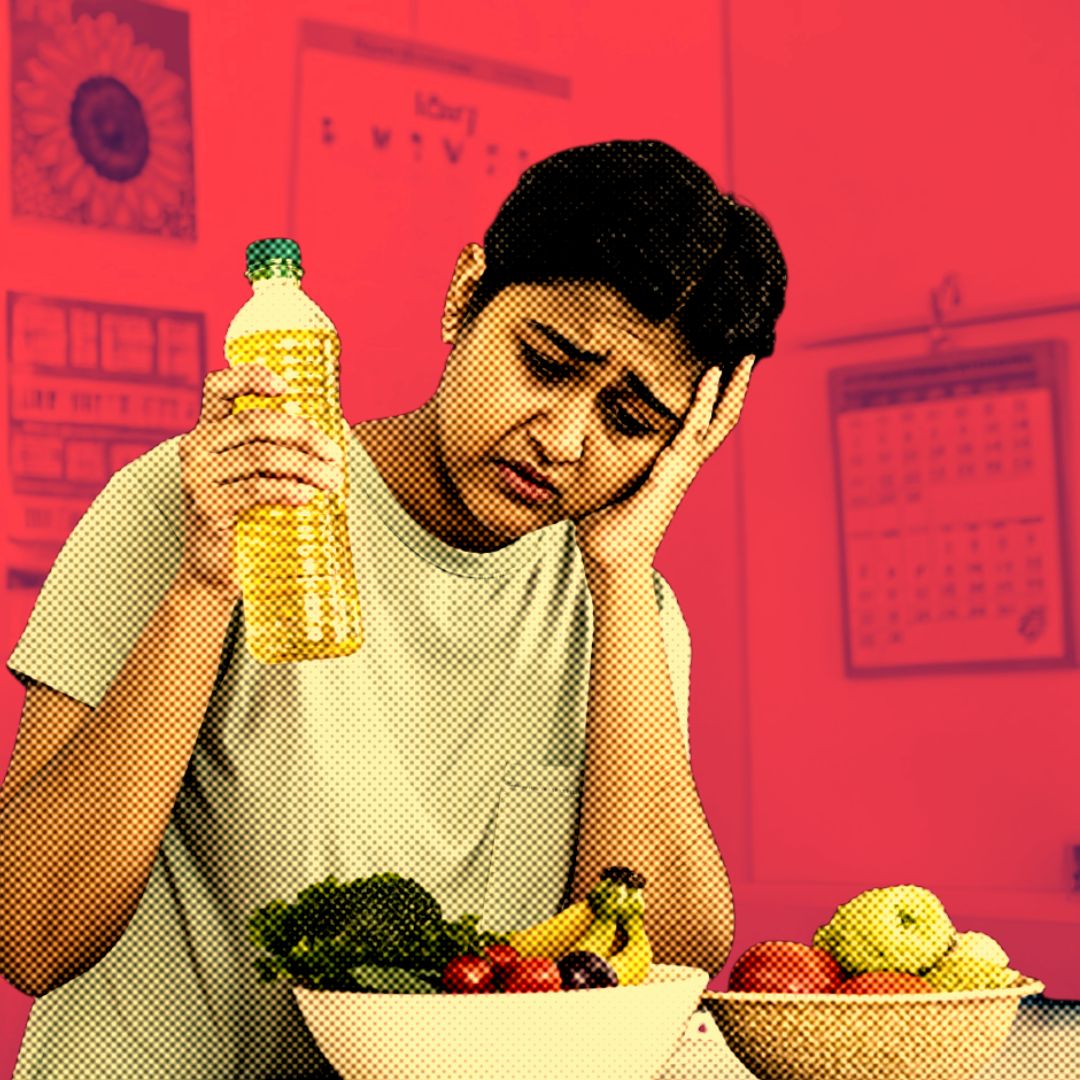A recent study reveals that ultra-processed foods and inflammatory seed oils, such as sunflower and canola oil, significantly increase the risk of colorectal cancer, particularly among younger individuals. The research highlights chronic inflammation as a key factor in tumor growth and suggests that shifting towards healthier dietary fats could mitigate these risks. With colorectal cancer rates projected to rise by 90% among those aged 20 to 34 by 2030, experts are advocating for immediate dietary changes.
Link Between Diet and Colorectal Cancer Risk
Recent findings indicate that chronic inflammation caused by poor dietary choices plays a crucial role in the development of colorectal cancer. Researchers analysed tumor samples from patients and discovered an abundance of inflammatory molecules within the tumors, alongside a deficiency of those that promote healing. Experts emphasize that cancer behaves like a chronic wound that won’t heal. If individuals consume high amounts of ultra-processed foods, their bodies struggle to heal due to increased inflammation. This alarming connection underscores the urgent need for dietary reevaluation in light of rising cancer rates.
Emerging Dietary Recommendations
The study advocates for a new therapeutic approach focusing on using natural products to reverse inflammation rather than relying solely on synthetic drugs. This method emphasizes incorporating omega-3 fatty acids from unprocessed foods into diets to restore the body’s healing mechanisms. High consumption of omega-6 fatty acids—often found in ultra-processed foods—may interfere with the immune system’s ability to combat cancer cells effectively. Experts suggest that our bodies are designed to actively resolve inflammation through bioactive lipid compounds derived from healthy fats.
Contextualising the Rising Cancer Rates
Colorectal cancer is now one of the leading causes of cancer-related deaths, with alarming increases in early-onset cases among younger populations. Projections indicate that by 2030, diagnoses among individuals aged 20 to 34 could increase significantly compared to previous years. The findings suggest that dietary habits prevalent in many Western countries—characterized by high intake of added sugars, unhealthy fats, and processed foods—are significant contributors to this troubling trend.
Expert Advice for Consumers
To ensure consumer safety regarding food choices and health risks associated with diet, health professionals offer the following recommendations:
1. Limit Ultra-Processed Foods: Reduce consumption of processed meats, instant soups, packaged snacks, and sugary beverages. These foods are often high in unhealthy fats and additives that can contribute to inflammation.
2. Focus on Whole Foods: Incorporate more whole grains, fruits, vegetables, and lean proteins into your diet. These foods provide essential nutrients and help maintain gut health.
3. Make Simple Swaps: Start with small changes such as choosing baked potatoes instead of fries or opting for Greek yogurt with fruit instead of sugary yogurts.
4. Stay Informed About Ingredients: Be aware of food additives like emulsifiers and artificial sweeteners found in many ultra-processed foods that may negatively impact gut health.
5. Consult Healthcare Professionals: If you have a family history of colorectal cancer or other health concerns, seek advice from nutritionists or healthcare providers regarding dietary modifications.
6. Monitor Portion Sizes: Practice moderation by treating ultra-processed foods as occasional indulgences rather than staples in your diet.
The Logical Indian’s Perspective
At The Logical Indian, we believe this research highlights a critical intersection between diet and health that deserves urgent attention. As we face rising health concerns linked to our food choices, it is essential to promote awareness about the impact of ultra-processed foods on our well-being. Encouraging healthier eating habits can lead to significant improvements in public health outcomes. How can we collectively advocate for better dietary practices in our communities to combat diseases like colorectal cancer? We invite our readers to share their thoughts and suggestions on fostering healthier lifestyles!












